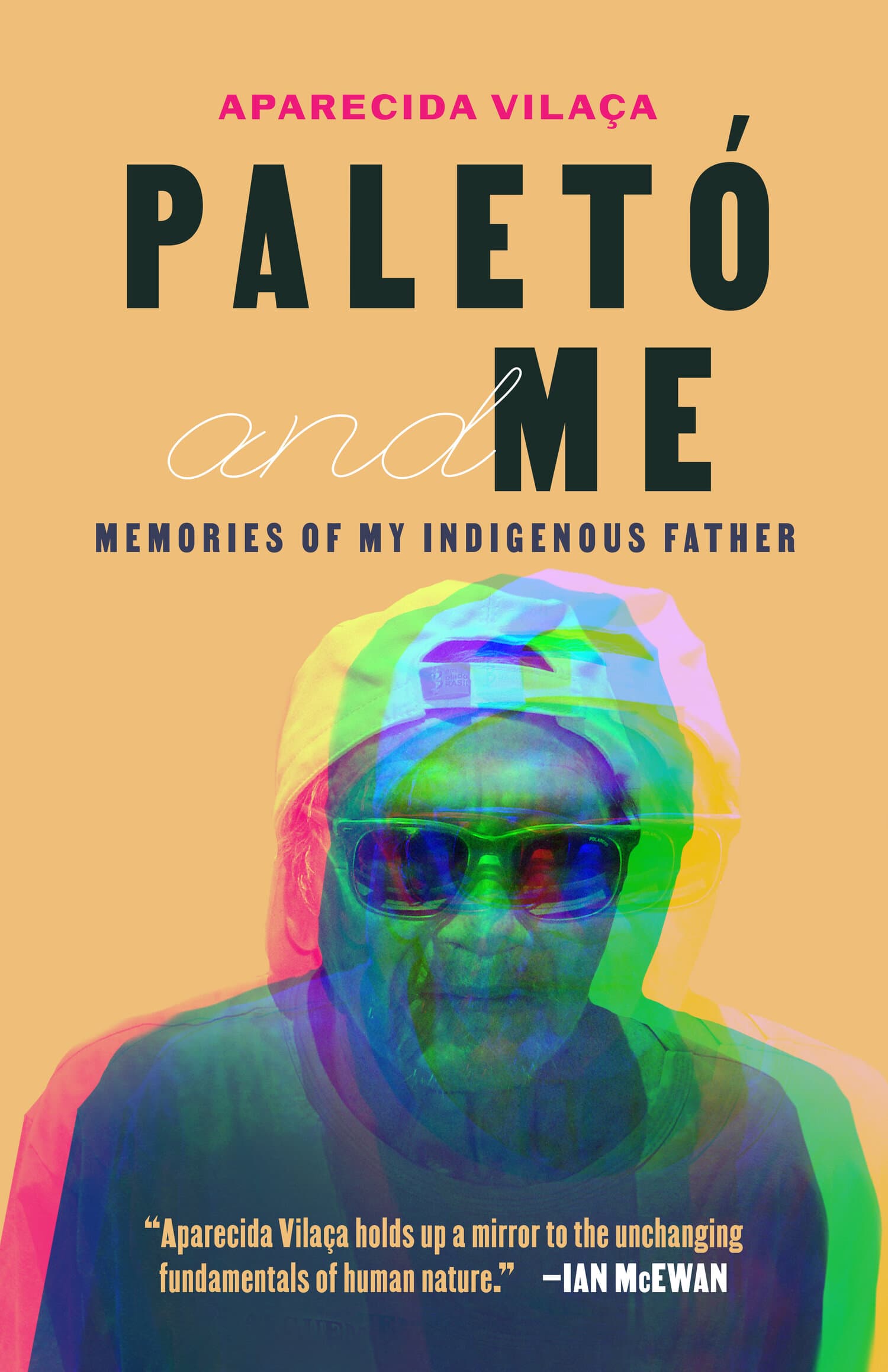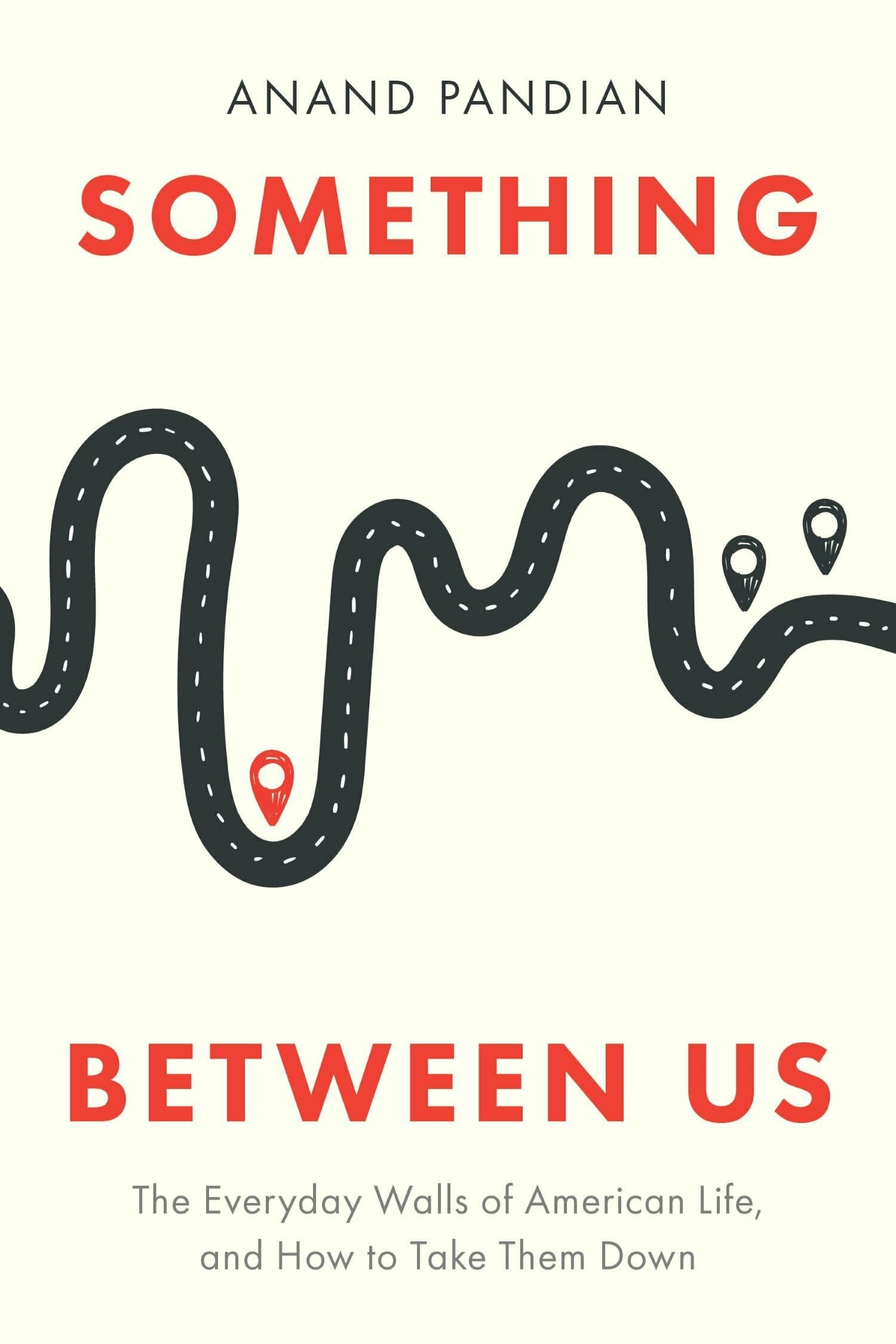Paletó and Me
Award Winner
2022: Independent Publisher Book Awards (IPPYs)
Gold Medal in the 2022 Independent Publisher Book Awards (IPPYs) - Creative Non-fiction Category.

Winner of the prestigious Casa de las Américas Prize, this work spins a heartfelt story of an improbable relationship between an anthropologist and her charismatic Indigenous father.
When Aparecida Vilaça first traveled down the remote Negro River in Amazonia, she expected to come back with notebooks and tapes full of observations about the Indigenous Wari' people—but not with a new father. In Paletó and Me, Vilaça shares her life with her adoptive Wari' family, and the profound personal transformations involved in becoming kin.
Paletó—unfailingly charming, always prepared with a joke—shines with life in Vilaça's account of their unusual father-daughter relationship. Paletó was many things: he was a survivor, who lived through the arrival of violent invaders and diseases. He was a leader, who taught through laughter and care, spoke softly, yet was always ready to jump into the unknown. He could shift seamlessly between the roles of the observer and the observed, and in his visits to Rio de Janeiro, deconstructs urban social conventions with ease and wit.
Begun the day after Paletó's death at the age of 85, Paletó and Me is a celebration of life, weaving together the author's own memories of learning the lifeways of Indigenous Amazonia with her father's testimony to Wari' persistence in the face of colonization. Speaking from the heart as both anthropologist and daughter, Vilaça offers an intimate look at Indigenous lives in Brazil over nearly a century.
"Simple and profound, this book is a testament to an ethical, moral, and political commitment to the colonized peoples of America."—Casa de las Américas Prize committee
"When I read Paletó and Me, I had a wonderful revelation. Our ancestors, with wisdom and magic, foresaw an irrepressible capacity of people to affect worlds and to make families across cultures. And I gained a 'relative' in the talented writer Aparecida Vilaça, whose anthropology is made of affects between worlds."—Ailton Krenak, author of Ideas to Postpone the End of the World
"The wonderful draw of Paletó and Me is the courage of one woman immersing herself in another culture and 'making relatives.' Through her acute observations, Aparecida Vilaça conveys a way of being to any reader who may not know how one indigenous community continues to exist."—Linda Hogan, author of The Radiant Lives of Animals
"Paletó and Aparecida's unlikely, potent kinship is narrated unforgettably in this book, without the narrator glossing over any of the violence of colonialism across which it happened. Kinship is always a surprise, never to be taken for granted. Paletó and Me shows how such a surprise continues to matter."—Donna Haraway, author of Staying with the Trouble: Making Kin in the Chthulucene
"In this fascinating account, Aparecida Vilaça at times effaces herself—concealed by her friend's lively voice—and at times reemerges in the luminous form of her singular and personal writing. Far from being a conventional anthropological text, Paletó and Me depicts the inebriating journey between identities that reveal themselves to be both ancient and fleeting."—Mia Couto, author of Sleepwalking Land
"Written in a conversational tone and guided by memories, Paletó and Me is inspired by questions rather than conclusions and completely forsakes ideology, rendering Aparecida Vilaça's memories into a delightful story."—Paulo Roberto Pires, Época Magazine
"Vilaça manages to captivate us by letting her and Paletó's memories speak for themselves. Beautifully written, Paletó and me is not only a joy to read, but should become the model for anthropologists wishing to express the personal aspects of their fieldwork."—Niklas Hartmann, Journal of the Anthropological Society of Oxford
"Not many anthropologists have opened the door to their shared 'home' and disclosed their experiences of kinship and loss. Fewer have managed to do so without imbuing their narrative with personal overtones that end up muddying the delicate yet important differences that articulate relations in the field. [Paletó and Me] can thus be seen as an index of personal and professional mourning, inevitably entangled, where memories and ethnography are engaged with as part of a process of detachment and renewal, the effects and potential inspiration of which are for each one of us to assess."—Paolo Fortis, Journal of the Royal Anthropological Institute




